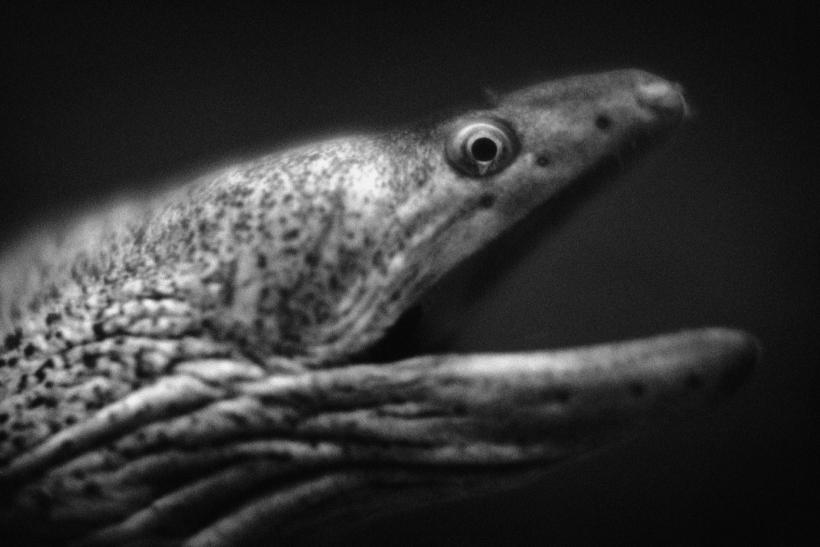
Thinkstock
Something strange is afoot in rural Sweden. News reports indicate that an eel residing in a residential well died last week . . . at the age of 155! Now keep in mind that eels aren’t like turtles in their ability to easily outlive humans. On average, the slithering—and delicious!—creatures live a measly seven years. So this is like a St. Bernard living more than a century and a half.
Getting to Know the World of Eel the Ale
Some historic context to help you wrap your mind around the feat of the creature thought to be the world’s oldest of its species: When the eel—confusingly named “Ale”—made its watery entrance into the world in 1859, Napolean III was King of France, Oregon was admitted as the 33rd state of the Union and Charles Dickins’ A Tale of Two Cities was first published. That’s right, 155 years is a long effing time.
Not surprisingly, Ale gained national notoriety for his longevity; he's not only been featured in numerous books and TV programs, he's even been eulogized by Swedes on Twitter.
Besides the cause of Ale’s perplexingly long life, you may wonder why he lived in a well. Apparently, before Sweden developed its public water systems in the 1960s, households would commonly drop eels in their wells to rid their water of bugs. (Although eel water doesn’t sound particularly appetizing to me either.)
Blessed Eels?
Anyway, the clear conclusion from all this: The eel was residing in the literal Fountain of Youth. After all, we learned from Indiana Jones and the Last Crusade that life-giving water receptacles take modest form—and what’s more modest than a cottage well in a fishing village?
You may think me rash to believe supernatural forces are afoot in this Swedish well, but get this: Dear Ale isn’t alone in his long-livedness. He is survived by his long-time well-mate—another eel believed to be 110 years old. What are the chances that both of the eels residing the in the well just happened to have outlived the average lifespan of their species by more than a factor of 15?
Granted, there are no reports that the humans who presumably drank from the well lived to unnatural ages, so the life-extending qualities apparently don’t seem extend to us humble humans. Have eels somehow been found more deserving by the powers that be?
Ok, Maybe It’s Not Magic
But seriously folks, given that Ale’s body has been frozen for scientific examination to unlock the secrets of his ancient life, methinks scientists should at least investigate whether there is in fact something unique about the well’s chemical composition (or witch’s spell or alien landing site). Alternatively, if the ancient eels are related, perhaps scientists can identify similarities in their DNA to provide research fodder.
Cell-extending wonder eel elixir, anyone?






